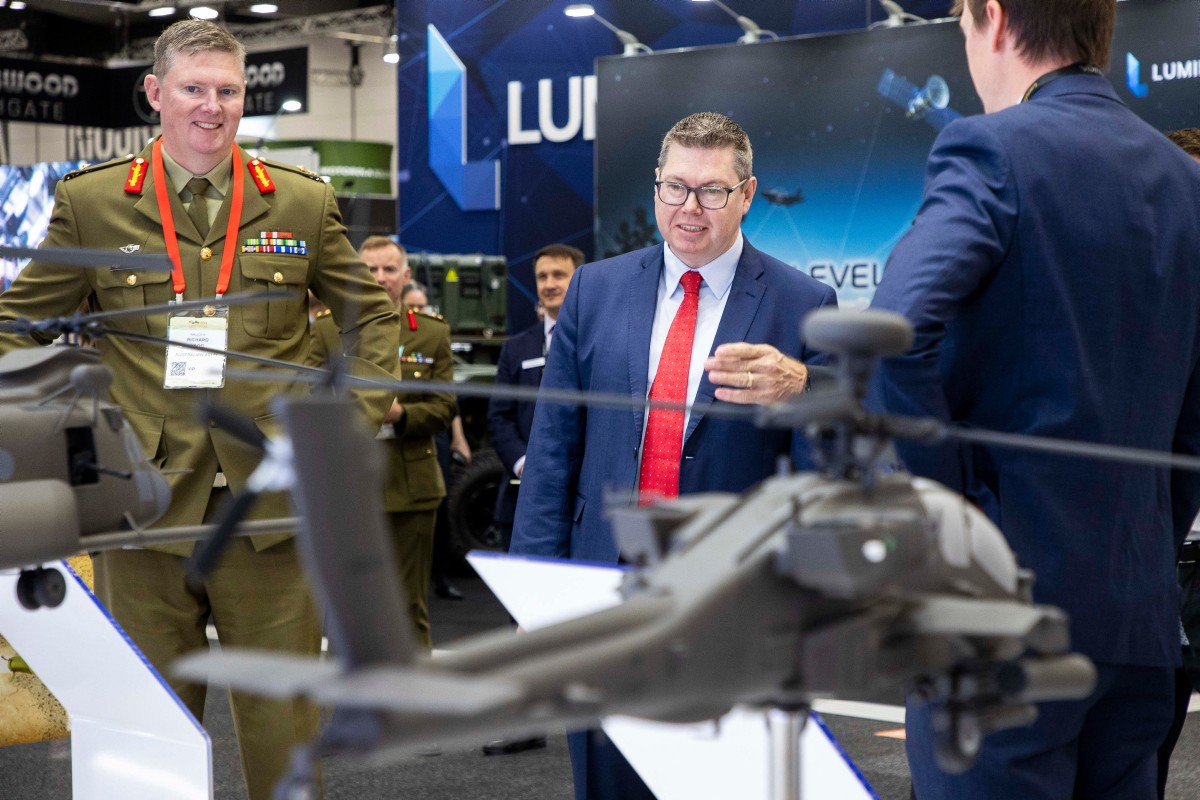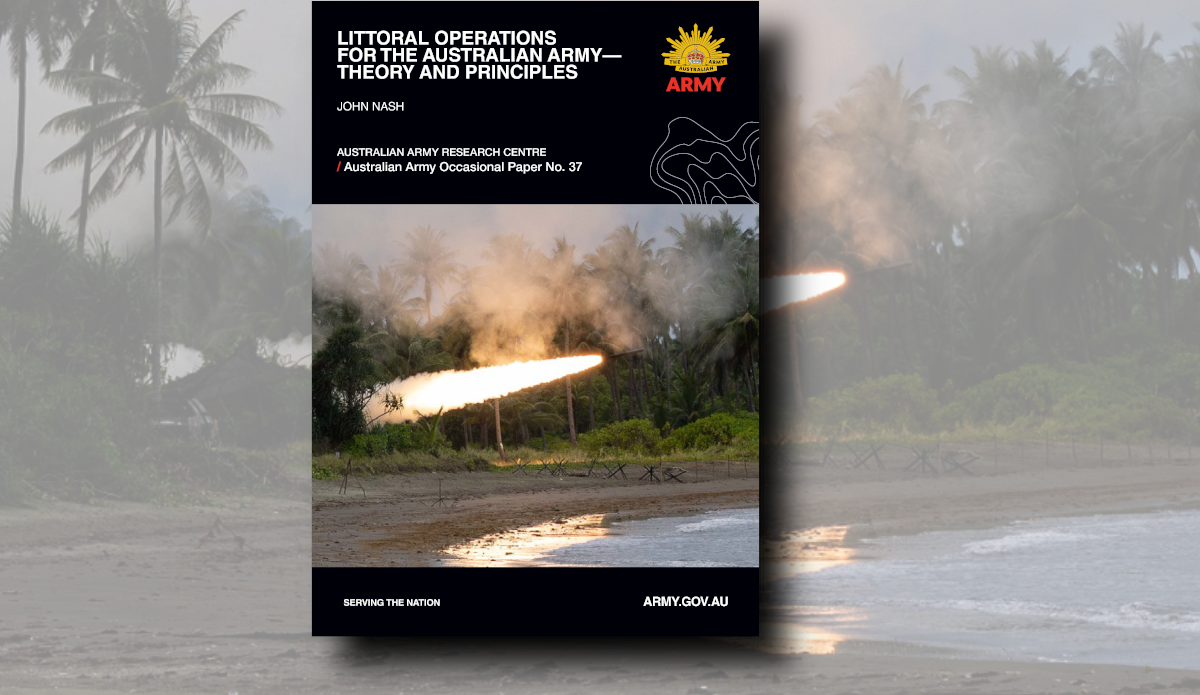Understanding ourselves before we pursue PME
‘Education is the kindling of a flame, not the filling of a vessel’ - Socrates
There is a necessary drive for junior military leaders to engage in professional military education (PME). However, the current pandemic has emphasised the value that military leaders place in this system of education. Despite this, there has been limited discussion to address the factors that can inhibit the value of PME. In my experience, PME is often conducted by junior leaders not for the intrinsic education but rather to satisfy expectations of the organisation. In reality this often involves minimal effort such as the token reading of one or two PME websites, for the sake of fulfilling PE requirements. Therefore, in contradiction to the words of Socrates, PME has not been the kindling of a flame, but rather the filling of a vessel.
As a means to realise the greater potential of PME in the professional and personal development of junior leaders, I want to address what I believe is a significant inhibiting factor on this journey of education. In reference to the junior leaders of the Australian Defence Force (ADF), my experience stems from the Australian Defence Force Academy and the Royal Military College. The extensive cohort of junior leaders that share this background typically arrive in positions of command after four years in training institutions, which itself is generally preceded by their graduation from high school.
What this cultivates is a significant portion of the ADF’s junior leaders who have limited life experience. This is problematic as these junior leaders are expected to understand their profession and their people when they hardly understand themselves. This is where the practice of reflexivity, as a conscious and sustainable habit of self-education, could be integrated into the development of all junior personnel. Put simply, the bedrock of genuine education is the education of oneself. Therefore, to better leverage our PME journey we must first begin with the practice of understanding ourselves.
In order to understand reflexivity, it is best to differentiate it from reflection. The process of reflection is ‘learning through looking back on an experience’, and ‘thinking about something after the event’. Whereas ‘reflexivity by contrast is … a reflection in the moment’ and it centred upon ‘learning in an experience’. The value of reflexivity is that it demands that we are continually self-aware and that we ‘incorporate our reflections into the ongoing interactions’. In this sense reflexivity encourages us to acknowledge biases and assumptions. It challenges us to understand how our experiences train us to think in a certain way.
This is particularly relevant to an institution like the military. It demands us to be open to the fact we could be wrong, what we know may not be true and that our interpretations are inherently limited and inaccurate. Conversely, we often use reflection to make sense of chaotic or incomplete experiences, with the intent to make order and to reinforce our preconceived assumptions and beliefs. Reflection tries to fit our experiences within what we understand to be true, but reflexivity requires that we let go of what we think we understand in order to be more open-minded.
Where this practice of reflexivity fits into the development of junior leaders is in developing a sustainable practice for better understanding ourselves on a deeper level. Pursuing this level of understanding is beneficial for both the individual and the organisation. On a personal level, reflexivity requires us to be more self-critical and objective. Therefore, we are better able to acknowledge and look beyond the filters of our biases and assumptions. This provides us with a greater opportunity to learn unique and previously inaccessible realities about ourselves. From an organisational perspective, instilling this powerful practice encourages a more self-educated and self-aware workforce. The practice aspect of reflexivity is just as important as the concept itself. As with any true education, there is no end state. The journey is the ends in and of itself. In reality, starting and maintaining a reflexive practice is not as abstract as it may seem.
To get to know my perceptions and biases in my current studies I strive to maintain a reflexive journal for research purposes. A few times a week I sit and down and write as I am going through an experience, whether that be in reading different articles or in writing different content, including this blog. In conversations I have with people I make a conscious effort to at least acknowledge and analyse the dynamics of conversations that I have with other people in order to adjust my engagement at the time and in future. Key amongst these dynamics is what is being said and what is not being said, both verbally and physically. I understand that this may seem calculating and disingenuous to the conversation however it comes from a place of generating greater self-awareness and of seeking to better understand oneself. In line with definition of reflection provided above, this practice is designed to improve communication and the outcomes arising from more effective engagement.
Regardless of how this concept manifests itself in your situation, the most important point is to ensure is that it is a practice. Understanding yourself is a skill and like any skill it requires constant work and small, consistent effort.
In having a sustainable and healthy education with yourself, you have a better understanding of what you’re genuinely curious about. This allows you to move forward to further education with an intrinsic motivation and a more sustainable attitude for learning. As it relates to PME, better understanding yourself will provide clarity to seek out an education that will be both constructive to your profession and personal development, and will be authentically driven. In better understanding themselves, the junior leaders of the ADF will engage in PME for the true purpose of education, for the kindling of a flame, not the filling of a vessel.




